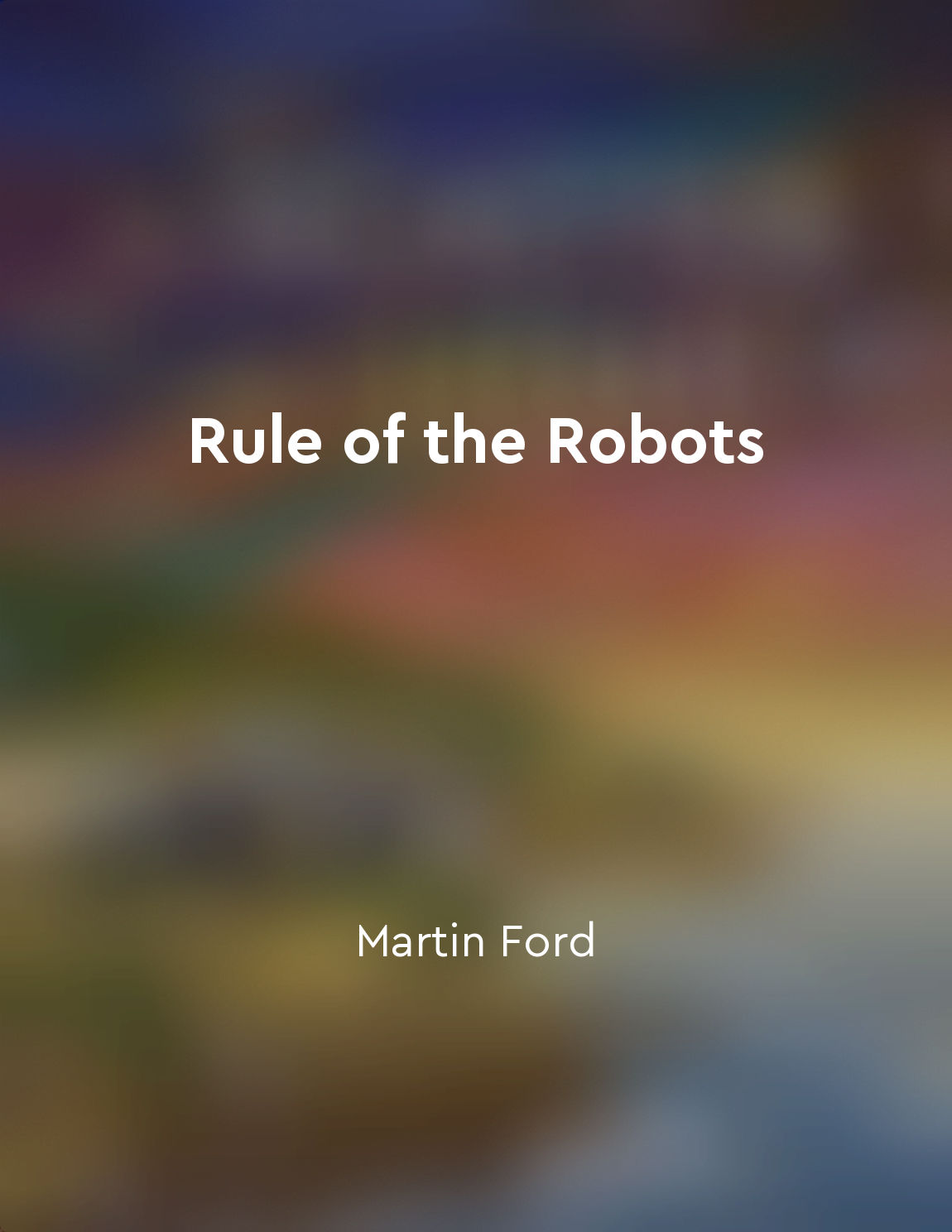Audio available in app
Value learning algorithms development from "summary" of Superintelligence by Nick Bostrom
Value learning algorithms development concerns the task of designing algorithms that can learn what humans value, with the aim of aligning the behavior of superintelligent machines with human interests. This is a complex and challenging endeavor, as it requires not only understanding the nuances of human values but also encoding them in a way that can be interpreted by machines. One approach to value learning algorithms development involves specifying a set of formal criteria that capture the essence of human values, such as maximizing happiness or promoting fairness. These criteria serve as a kind of moral compass for the AI, guiding its decision-making processes in a way that is consistent with human values. Another approach is to use machine learning techniques to infer human values from examples of human behavior. By analyzing large datasets of human interactions, AI systems can learn to recognize patterns that are indicative of what humans value, allowing them to make decisions that are more aligned with human interests. However, developing value learning algorithms is not without its challenges. For one, there is the risk of value misalignment, where the AI system interprets human values in a way that is different from what was intended. This could lead to unintended consequences that are harmful to humans, as the AI acts on its understanding of values rather than the actual values themselves. Furthermore, there is the issue of value fragility, where the AI system's understanding of human values deteriorates over time due to changing circumstances or unforeseen events. This can result in the AI making decisions that no longer align with human interests, posing a risk to society as a whole. In light of these challenges, researchers are actively working on developing value learning algorithms that are robust, interpretable, and flexible, in order to ensure that superintelligent machines behave in a way that is beneficial to humanity. By addressing these technical and ethical concerns, we can pave the way for a future where AI systems are aligned with human values, rather than working against them.Similar Posts

Digital networks revolutionize communication
Digital networks are reshaping the way we communicate with one another on a global scale. The internet has transformed the worl...
Humanity must adapt to survive
Humanity faces many challenges in the future. As our population grows and our technology advances, we will need to adapt in ord...

The power of imagination sets humans apart from other species
Humans are unique among all species due to their remarkable power of imagination. This ability allows humans to create complex ...

Workers must develop new skills to remain relevant in a world dominated by robots
In a world where machines are increasingly capable of performing tasks that were once the exclusive domain of humans, it is bec...

Without fair compensation, people will be left behind in the digital age
Fair compensation is crucial in the digital age because it determines who benefits and who gets left behind in the constantly e...
Cultural shifts and evolving norms
In the near future, society will experience significant changes in cultural values and norms. This transformation will be drive...
Dimensionality reduction simplifies data by removing irrelevant features
Dimensionality reduction is a process that simplifies data by removing irrelevant features. This concept is essential in machin...
Moral reasoning in artificial agents
Moral reasoning in artificial agents refers to the ability of AI systems to make ethical decisions based on moral principles. T...
Intelligence explosion predicts superintelligent AI
The idea that an intelligence explosion could lead to superintelligent AI is both fascinating and terrifying. Imagine a scenari...
